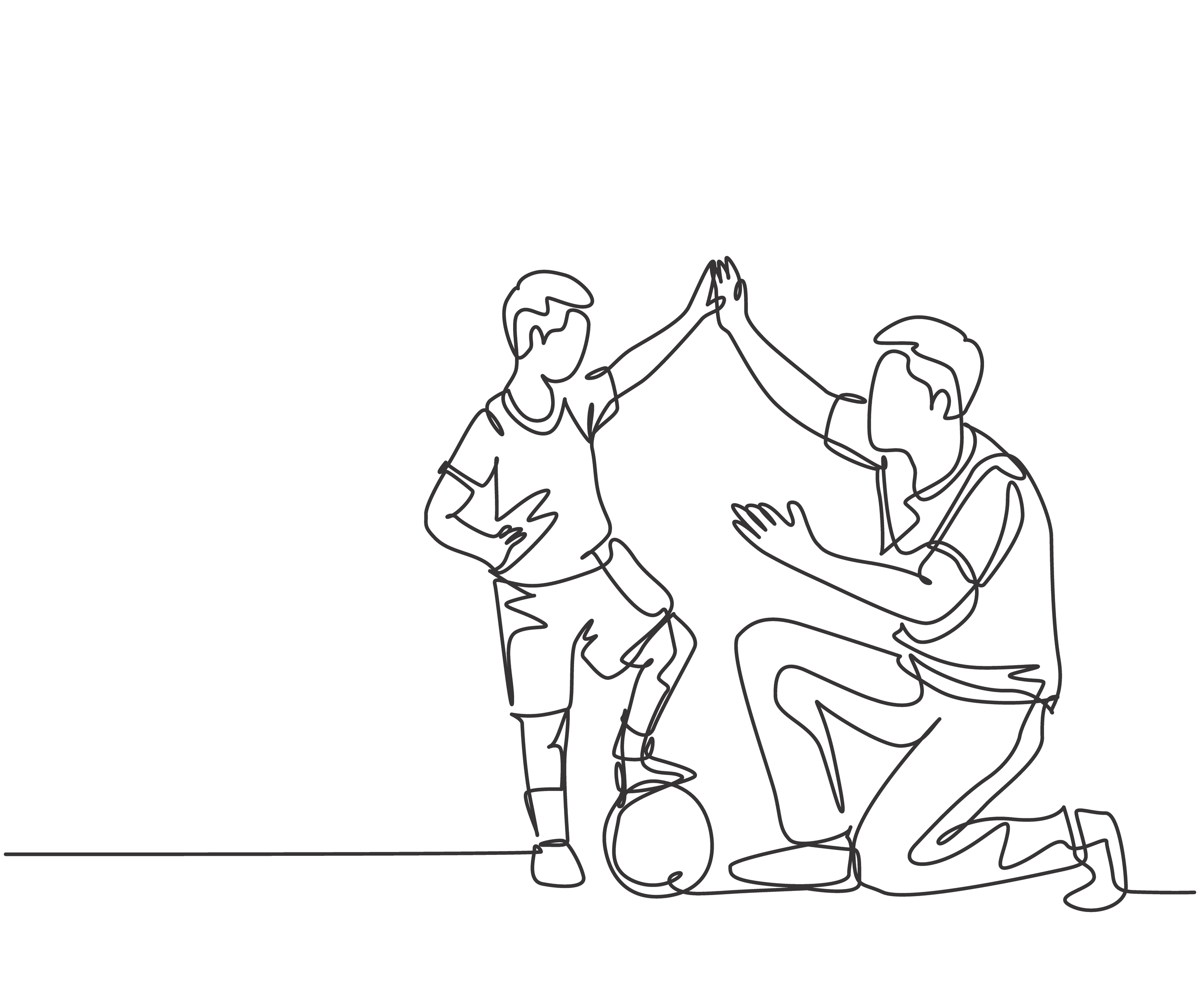Neurological Balance and Medical Disorders
- Seizure Disorders in Children: Symptoms, Diagnosis, and Therapy
- Tourette Syndrome in Children: Symptoms, Diagnosis & Therapy Options
- Substance Use Disorders in Youth: Effects, Signs & Therapy Support
- Cerebral Palsy in Children: Symptoms, Types & Therapy Support
- Pediatric TBI & Concussions: Symptoms, Recovery & Therapy Support
- Pediatric Migraines: Symptoms, Triggers & Therapy Support
- Ehlers-Danlos Syndrome in Children: Symptoms, Types & Therapy Support
- BPPV: Causes, Symptoms & Treatment with Physical Therapy
- Vestibular Disorders: Symptoms, Causes & Therapy Support for All Ages
- Parkinson’s Disease: Symptoms, Treatment & Therapy Support
- Post-Stroke Rehab & CVA Recovery: Find Therapists for Stroke Rehabilitation
- Ataxia: Causes, Symptoms & Rehab Therapies
- Peripheral Neuropathy: Causes, Symptoms & Rehab
- Delayed Motor Milestones in Children | Early Signs, Causes & Therapy
- Hypotonia (Low Muscle Tone) in Children: Symptoms, Causes & Therapy
- Spina Bifida in Children: Types, Symptoms & Therapy Options
- Tic Disorders in Children: Symptoms, Types & Therapy Support
- Down Syndrome
Tic Disorders in Children: Symptoms, Types & Therapy Support

Authored by: The DrSensory Editorial Team
Reviewed by: 🛡️ DrSensory Clinical Review Board – Doctor of Therapy Rehab Division
Last updated: June 2025
Tic Disorders in Children: Understanding Motor & Vocal Tics and Therapy Options
What Are Tic Disorders?
Tic disorders are neurological conditions characterized by sudden, repetitive, involuntary movements or vocal sounds, called tics. These behaviors often begin in early childhood and may vary in frequency and intensity.
Tics may be motor (movement-based) or vocal (sound-based), and they typically peak between ages 7 and 12. While some tics are temporary, others may persist and require ongoing therapeutic support to help children manage symptoms and improve quality of life.
Types of Tic Disorders
The Diagnostic and Statistical Manual of Mental Disorders (DSM-5) classifies tic disorders into three main categories:
Provisional Tic Disorder
- Single or multiple motor and/or vocal tics
- Present for less than 1 year
- Common in children and often resolves on its own
Persistent (Chronic) Motor or Vocal Tic Disorder
- Either motor or vocal tics (but not both)
- Present for more than 1 year
- May interfere with daily function and cause social distress
Tourette Syndrome
- Both motor and vocal tics
- Tics have been present for over a year
- Often co-occurs with ADHD, OCD, or anxiety
Common Symptoms of Tic Disorders
Motor Tics
- Eye blinking or grimacing
- Head jerking or shoulder shrugging
- Arm or leg movements
- Facial twitching or lip biting
Vocal Tics
- Throat clearing or sniffing
- Repetitive coughing or grunting
- Repeating certain words or phrases
- In rare cases, coprolalia (involuntary swearing)
Tics are often worse during stress, fatigue, or excitement, and may temporarily reduce with focused concentration.
What Causes Tic Disorders?
The exact cause is unknown, but research suggests tic disorders are linked to:
- Neurodevelopmental differences in the brain
- Genetic predisposition
- Abnormalities in neurotransmitters (dopamine, serotonin)
- Coexisting conditions like ADHD, autism, or sensory processing disorder
Tics are not caused by poor parenting or behavioral issues, and children cannot simply “stop” them.
How Tic Disorders Are Diagnosed
- Diagnosis typically involves:
- Clinical evaluation by a pediatric neurologist, developmental pediatrician, or psychiatrist
- Detailed history of tic onset, duration, and type
- Screening for co-occurring conditions (OCD, ADHD, anxiety)
- Observation across environments (home, school)
- There is no specific test for tic disorders; diagnosis is based on behavioral criteria and timelines.
How Therapy Helps Children With Tic Disorders
Tic disorders often improve over time, but supportive therapy can ease challenges related to self-regulation, motor control, sensory needs, and social skills.
Pediatric Occupational Therapy (OT)
- Helps with executive function and impulse control
- Supports sensory processing and reduces overstimulation
- Encourages self-regulation strategies (deep pressure, calming tools)
- Improves daily task performance affected by tics
Pediatric Physical Therapy (PT)
- Enhances motor coordination and postural control
- Addresses muscle tension or pain from frequent motor tics
- Promotes body awareness and relaxation techniques
Pediatric Speech-Language Pathology (SLP)
- Assists with vocal tics and communication strategies
- Offers support for children with social language delays
- Builds confidence in peer interactions and self-expression
In some cases, therapists collaborate with psychologists or behavior therapists using CBIT (Comprehensive Behavioral Intervention for Tics).
When to Seek Therapy for Tic Disorders
Consider consulting a pediatric therapist if your child:
- Has tics that interfere with school, play, or social interaction
- Experiences pain or fatigue due to repetitive tics
- Shows frustration, anxiety, or embarrassment about their tics
- Has difficulty completing fine or gross motor tasks
- Needs help managing sensory input, transitions, or routines
Find the Right Therapist for Your Child
DrSensory.com helps families connect with highly trained pediatric therapists in:
✅ Occupational Therapy (OT)
✅ Physical Therapy (PT)
✅ Speech-Language Pathology (SLP)
Use our searchable database to find providers near you who specialize in tic disorders, neurodevelopmental care, sensory integration, and more.
Are You a Pediatric Therapist?
If you specialize in treating tic disorders, DrSensory is your platform to:
- Increase online visibility and improve your Google search rankings
- Build trust with families through a verified professional profile
- Share your expertise in motor coordination, self-regulation, or communication
- Grow your caseload with clients actively seeking help
Frequently Asked Questions (FAQ)
What’s the difference between a tic and a habit?
Tics are neurologically based and involuntary, while habits (like nail-biting) are typically voluntary behaviors repeated by choice. Tics may briefly be suppressed, but often reappear with greater intensity.
Can tic disorders go away on their own?
Yes. Many children with provisional tic disorder experience resolution within months. However, if tics persist or worsen, therapy and behavioral support can be highly effective in managing symptoms.
Are tic disorders a sign of autism or ADHD?
Not necessarily, but tic disorders often co-occur with ADHD, OCD, and autism spectrum disorder (ASD). A full developmental evaluation is helpful when these conditions overlap.
Do tics worsen with stress?
Yes. Tics are often exacerbated by stress, anxiety, or fatigue. Teaching children stress-reduction techniques and providing sensory regulation tools can help reduce tic severity.
Can therapy cure tic disorders?
There is no “cure” for tic disorders, but many children see significant improvementwith therapy, self-awareness, and behavioral strategies like CBIT. Some outgrow their tics during adolescence.
Does insurance cover therapy for tic disorders?
In many cases, yes. PT, OT, and SLP services related to developmental and functional needs are often covered by private insurance, Medicaid, or school-based therapy. Always verify with your provider.
This page provides general educational content and is not a substitute for professional medical advice. Always consult a licensed provider for diagnosis and treatment.
View privacy policy, copyright and trust info
More on Neurological Balance and Medical Disorders

- Seizure Disorders in Children: Symptoms, Diagnosis, and Therapy
- Tourette Syndrome in Children: Symptoms, Diagnosis & Therapy Options
- Substance Use Disorders in Youth: Effects, Signs & Therapy Support
- Cerebral Palsy in Children: Symptoms, Types & Therapy Support
- Pediatric TBI & Concussions: Symptoms, Recovery & Therapy Support
- Pediatric Migraines: Symptoms, Triggers & Therapy Support
- Ehlers-Danlos Syndrome in Children: Symptoms, Types & Therapy Support
- BPPV: Causes, Symptoms & Treatment with Physical Therapy
- Vestibular Disorders: Symptoms, Causes & Therapy Support for All Ages
- Parkinson’s Disease: Symptoms, Treatment & Therapy Support
- Post-Stroke Rehab & CVA Recovery: Find Therapists for Stroke Rehabilitation
- Ataxia: Causes, Symptoms & Rehab Therapies
- Peripheral Neuropathy: Causes, Symptoms & Rehab
- Delayed Motor Milestones in Children | Early Signs, Causes & Therapy
- Hypotonia (Low Muscle Tone) in Children: Symptoms, Causes & Therapy
- Spina Bifida in Children: Types, Symptoms & Therapy Options
- Tic Disorders in Children: Symptoms, Types & Therapy Support
- Down Syndrome
Find a Therapist near you
Are you looking for a physical, occupational, or speech therapist in your area?
Look no further than the DrSensory Therapist Database and Clinic Directory!
Find a Therapist
Find the physical therapist, occupational therapist, or speech language pathologist you’re looking for!
Ask Us Anything
Whether you are looking for advice, have a general question about sensory processing, or looking for resources.
Submit Your Story
Share your story about your child. Let’s celebrate milestones and learn more about challenges.






















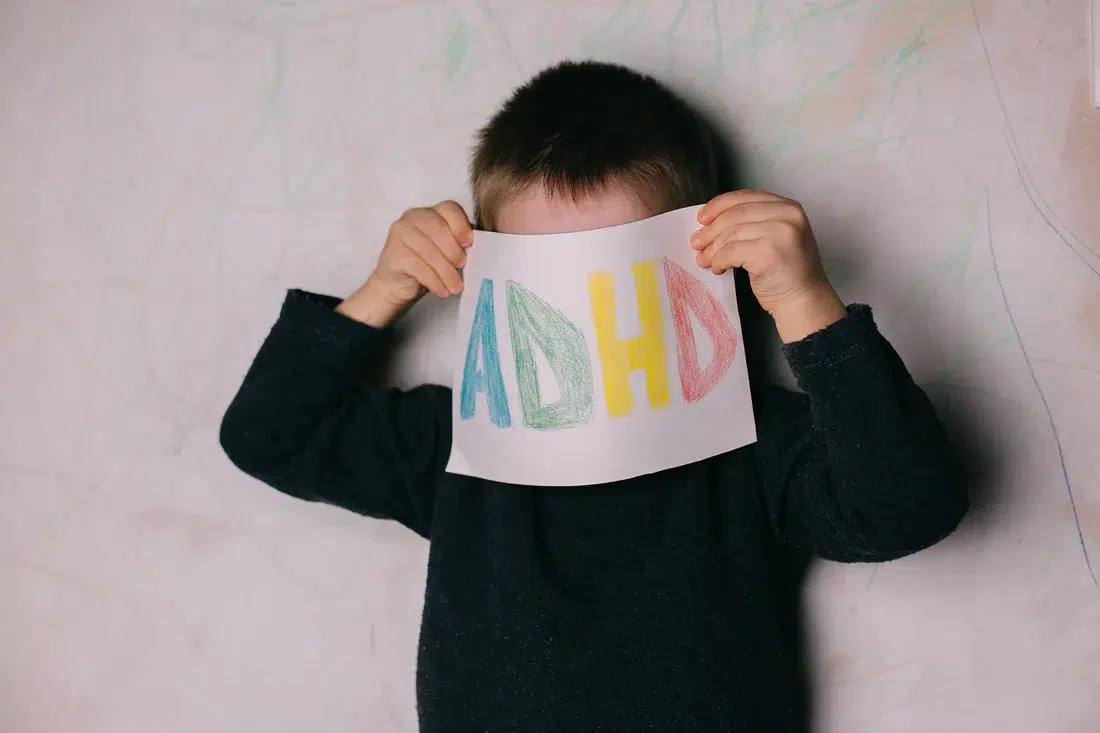




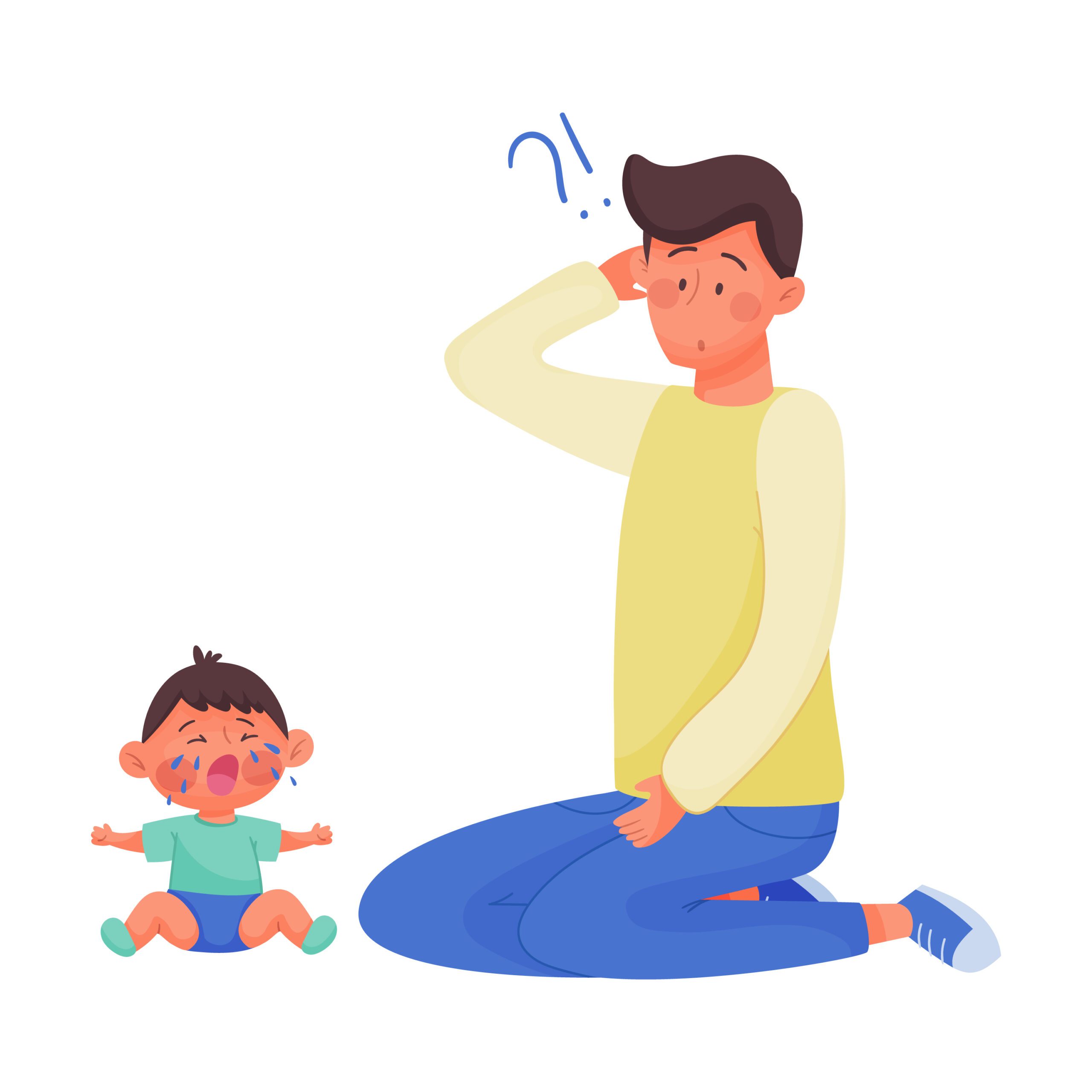
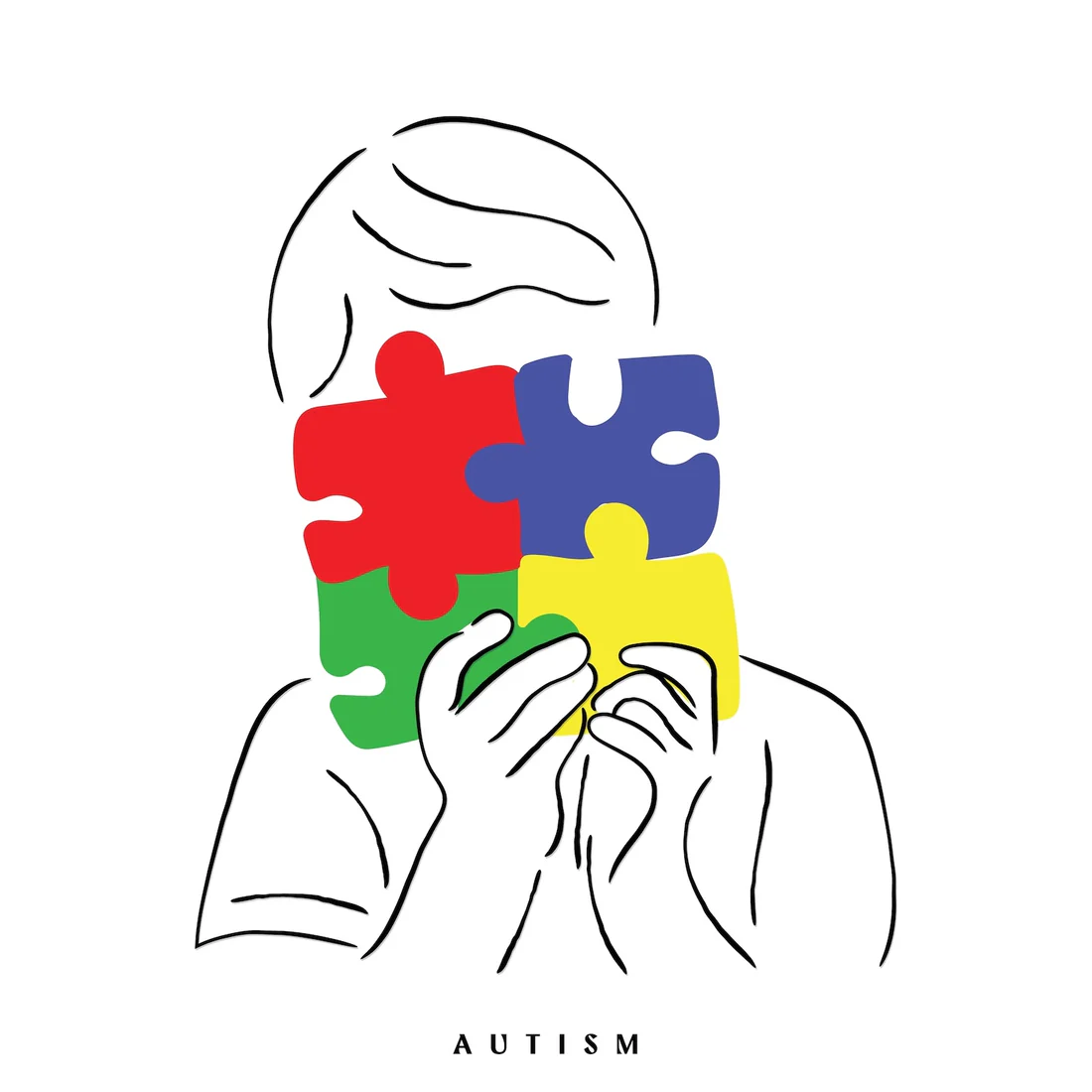
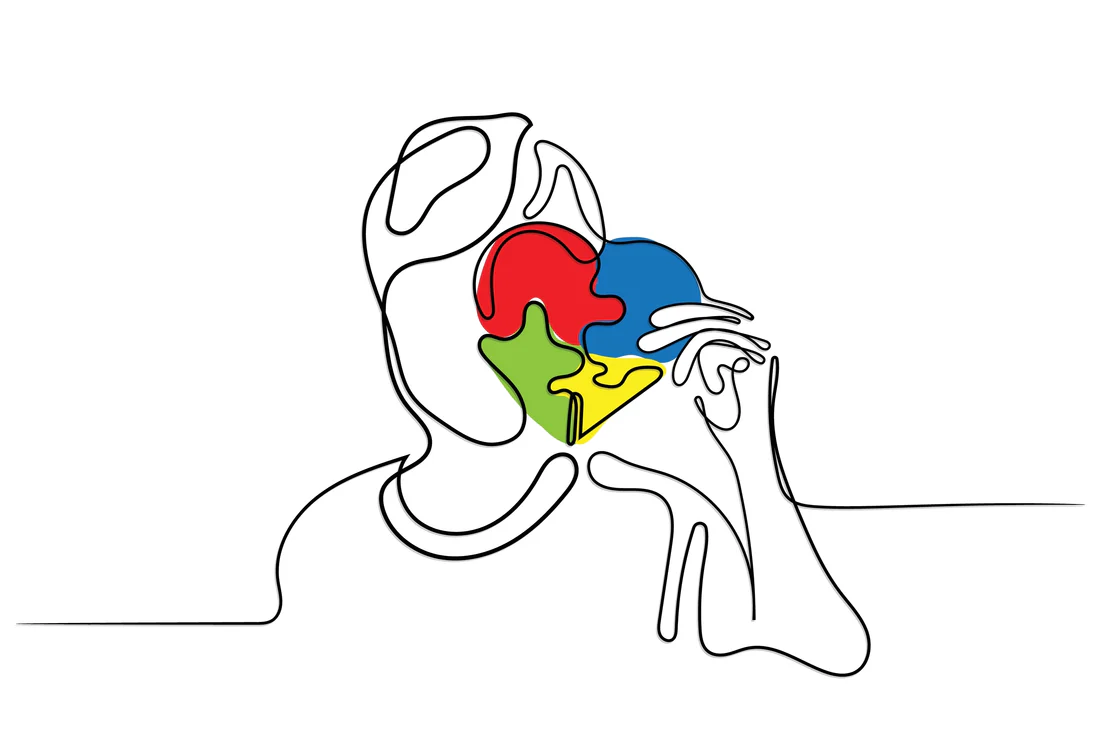










 Speech Therapy
Speech Therapy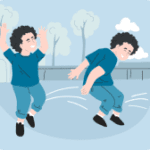 Physical Therapy
Physical Therapy Occupational Therapy
Occupational Therapy




